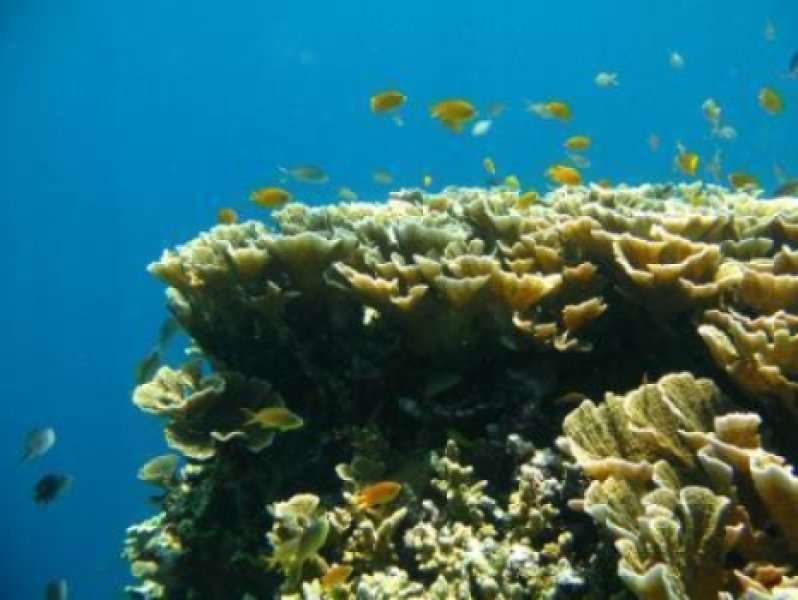Researchers from the Marine Biology Program at the University of Adelaide have made critical discoveries about the impacts of embryonic exposure to ocean acidification.
Long-term species responses to ocean acidification depend on their sensitivity during different life stages. Scientists tested for sensitivity of juvenile fish behaviour to ocean acidification by exposing eggs to control and elevated CO2 levels, and translocating offspring between treatments in a reciprocal design.
After 12 weeks of exposure, activity, inactivity and anxiety levels of juveniles from control eggs were similar, whether juveniles had experienced elevated CO2 conditions or not, and this pattern was consistent over time.
However, juveniles raised as eggs under elevated CO2 showed increased anxiety levels compared to those from control eggs. This response was not reversed when CO2-exposed juveniles were translocated to control conditions.
The findings highlight the value of evaluating fish sensitivities to global change pollutants across different life stages, and indicate that sensitivity during the often-overlooked egg stage can be critical with long-lasting impairment of behaviours that are coupled to individual fitness and population persistence.
Original paper here
Authors: lmendra Rodriguez-Domingueza, Sean D. Connell, Clement Baziretb, Ivan Nagelkerkena,





